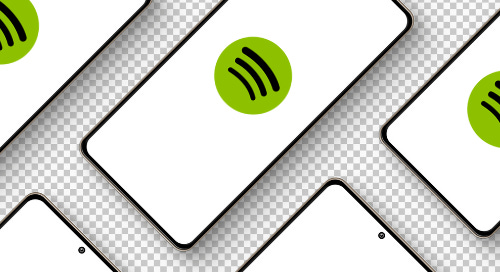Impact of AI on the Music Industry; Credit Cards as Bridge From Web2 to Web3; Spotify Tops 200 Million Paid Subscribers
#1634 | Your Daily Dose of Music Streaming News
We have a humdinger of an issue for Wednesday. 😀
⭐️ Spotify Q4 Results: Streamer Tops 200 Million Paid Subscribers
Spotify packed on 10 million Premium customers in the last three months of 2022 to stand at 205 million, topping its previous guidance. The growth of its paid subs, up 14% year over year, was “aided by promotional intake and household plans,” the company said.
⭐️ Credit cards can bridge Web2 to Web3, says music industry exec
Many developers are seeking ways to bridge the gap between these two iterations of the web. Cointelegraph spoke with Bruno Guez, CEO of Revelator, to understand why he believes already existing Web2 financial tools such as credit cards can actually be bridges to usher new users into Web3.
⭐️ I spent two decades running major labels — here’s why I left it behind
Legacy major label deals fit the realities of a bygone era. Labels are no longer the one-stop-shop of artist development, distribution, international promotion and funding that once guarded entry into the music industry.
⭐️ Spotify Codes. It’s important to share your music…
It’s important to share your music everywhere, whether it’s social media artwork, or in this case, posters and flyers. Spotify Codes is a website that allows you to create scannable codes that anyone can scan using the Spotify app on their phone.
⭐️ Rewind’s new app lets you ‘time travel’ through music from decades past
A new app called Rewind wants to make it easier for music fans to explore the top songs of decades past. Hoping to cater to consumer demand for nostalgic music experiences, Rewind allows users to “time travel” through the music charts from 1960 through 2010 to learn about how older songs have influenced today’s hits.
⭐️ Universal Music in talks with big platforms to overhaul streaming model
Universal Music Group is in talks with big streaming platforms to overhaul the industry’s economics and direct more money towards artists, according to people familiar with the matter.


